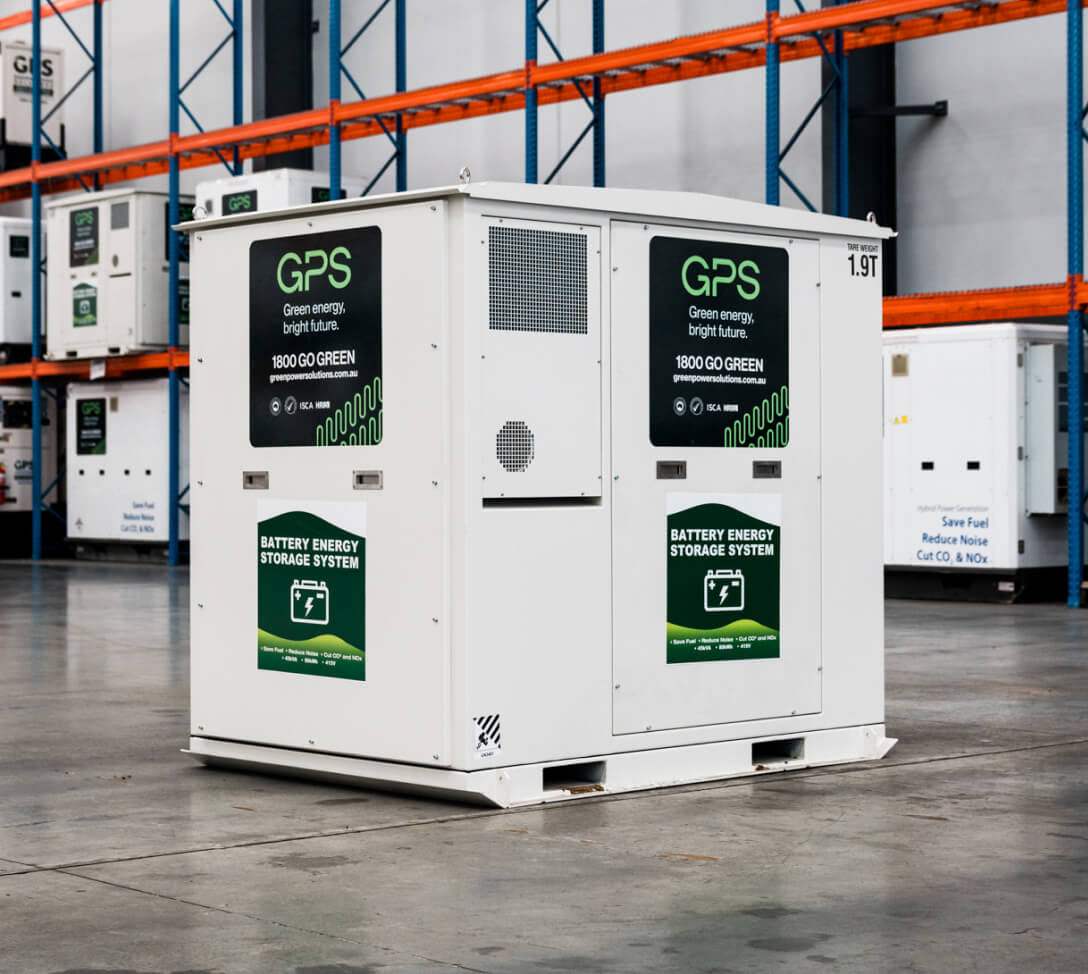In an era of volatile energy markets, rising geopolitical instability, and the urgent imperative to decarbonise, the quest for energy independence is more critical than ever. For nations, communities, and even individual households, reducing reliance on centralised, fossil-fuel-based power grids isn’t just an environmental goal, it’s a matter of security, stability, and economic resilience. Enter the biofuel generator: a powerful, versatile tool leading a quiet revolution in how we produce and consume energy. By turning organic matter into reliable electricity, these generators offer a tangible path toward a more self-sufficient and sustainable future.
How Biofuel Generators Bolster Energy Independence
Energy security means having access to a reliable and affordable energy supply, free from the disruptions of geopolitical conflicts or unpredictable global supply chains. Biofuel generators are a cornerstone of this security. Unlike traditional generators that depend on imported diesel or petrol, biofuel models often run on locally sourced materials.
This can include:
- Specially grown energy crops like switchgrass or rapeseed.
- Agricultural byproducts such as corn stover or sugarcane bagasse.
- Waste products like used cooking oil from restaurants or animal fats from processing plants.
By diversifying the fuel supply and localising its source, communities and countries insulate themselves from external price shocks and supply shortages. This decentralised model creates a more robust and resilient energy system, where power generation is distributed rather than concentrated in a few vulnerable points, enhancing overall energy independence. While the sustainability of some biofuels can involve considerations like land and water use, ongoing research prioritises best practices and the conversion of waste products, such as those supporting circular economy principles, ensuring a net positive environmental impact compared to fossil fuels.
The Economic Upside of Biofuel Generators
The shift to local biofuels isn’t just an energy strategy; it’s a powerful economic stimulus. When a community embraces biofuel generation, it creates a vibrant, circular economy. Instead of sending money out of the region to purchase foreign oil, those funds are reinvested locally, fostering true economic independence.
This creates a cascade of economic benefits:
- Job Creation: New jobs emerge in agriculture for growing energy crops, in logistics for collecting and transporting biomass, and in technical roles for operating and maintaining the generators.
- Support for Agriculture: Farmers gain a new, stable revenue stream for their crops and waste products, reducing their financial risk and strengthening the rural economy.
- Waste Valorisation: Materials once considered waste, which businesses might even pay to dispose of, are transformed into valuable fuel. This turns a liability into an asset, boosting profitability and sustainability for local businesses.
Biofuel Generators for Remote and Off Grid Power
For millions living in remote or rural areas, connection to a national power grid is either prohibitively expensive or simply impossible. These communities have historically relied on costly and polluting diesel generators. Biofuel generators present a game-changing alternative, offering a pathway to energy independence in even the most isolated locations.
Imagine a remote agricultural community, a secluded research station, or an eco-tourism lodge deep in the wilderness. In these settings, biofuel generators can provide consistent, reliable power using resources that are already on-site. A farm can power its operations using its own crop waste. A remote island can use coconut oil or other local biomass to generate electricity for its residents. This capability not only provides essential power for lighting, communication, and machinery but also fosters true self-sufficiency, enabling communities to thrive far from urban centres.
Communities Thriving with Biofuel Solutions
The impact of biofuel generators is not theoretical. Across the globe, communities are already reaping the rewards of energy independence through these innovative solutions.
The Midwestern Farming Cooperative: In rural Iowa, a cooperative of corn farmers decided to pool their resources. They invested in a medium-scale biofuel generator that runs on corn stover, the stalks, leaves, and cobs left after harvest. This system now powers their grain drying facilities and workshops, drastically cutting their electricity bills by an estimated 30-50%. They sell surplus energy back to the local utility, creating a new source of income and making their farms more profitable and sustainable.
The Pacific Island Eco-Resort: A small island resort in the Philippines, once entirely dependent on diesel fuel barged in at great expense, transitioned to biofuel generators. They now power their entire operation using coconut oil produced by local farmers and purified used cooking oil from their kitchens. The switch has not only slashed their operating costs by roughly 25-40% and carbon footprint but has also become a key marketing point, attracting eco-conscious tourists and directly supporting the local island economy.
The Future is Biofuel Market Growth and Innovation
The outlook for biofuel generators appears incredibly promising. As technology advances, these systems are becoming more efficient, more compact, and capable of running on an even wider array of feedstocks. While initial investment and ongoing maintenance are considerations, long-term fuel savings from locally sourced, often waste-derived, materials and reduced exposure to volatile energy markets frequently deliver a compelling return on investment. The global push toward decarbonisation and renewable energy sources is fuelling significant investment and innovation in the sector, promising even greater strides toward energy independence.
According to industry reports, market analysts project steady growth in the biofuel generator market, driven by increasing demand from the agricultural, industrial, and commercial sectors, as well as by governments implementing policies that favour renewable energy. As we move forward, biofuel generators will play an integral role in a diversified energy mix, working alongside solar, wind, and other renewables to create a stable and clean power grid for a truly independent energy future.
Achieve Your Energy Independence
Biofuel generators are far more than just a backup power source. They are engines of independence, security, and prosperity. By transforming local resources into reliable energy, they empower communities to take control of their economic and environmental destinies. From strengthening national energy security to powering a single remote farm, the role of biofuel generators is pivotal in building the resilient, self-sufficient, and sustainable world of tomorrow.
Ready to explore how biofuel generators can contribute to your energy independence? Contact us today to learn more about sustainable power solutions for your needs.

